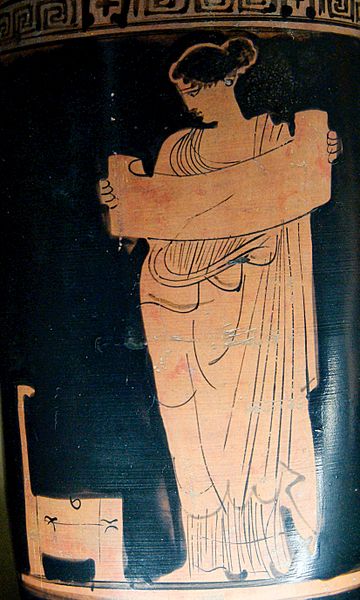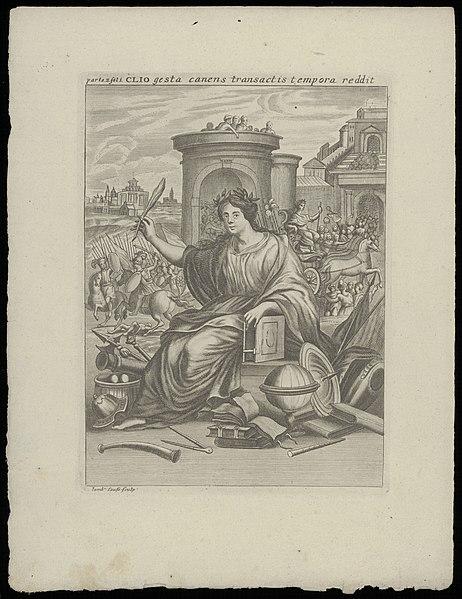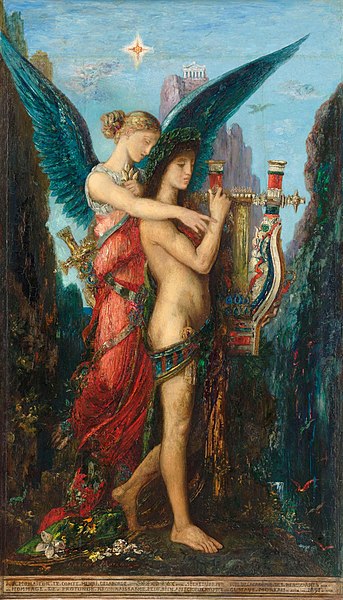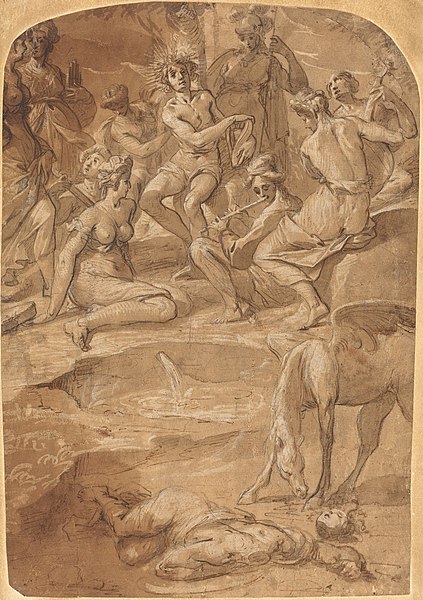Infinite photos and videos for every Wiki article ·
Find something interesting to watch in seconds
Crown Jewels
Rare Coins
Celebrities
Tallest Buildings
Supercars
Wonders of Nature
Kings of France
Great Museums
Largest Palaces
Largest Empires
Best Campuses
British Monarchs
Animals
History by Country
Recovered Treasures
Great Artists
Countries of the World
Famous Castles
Presidents
Great Cities
Orders and Medals
Wars and Battles
Sports
Ancient Marvels
World Banknotes
Richest US Counties
more top lists







